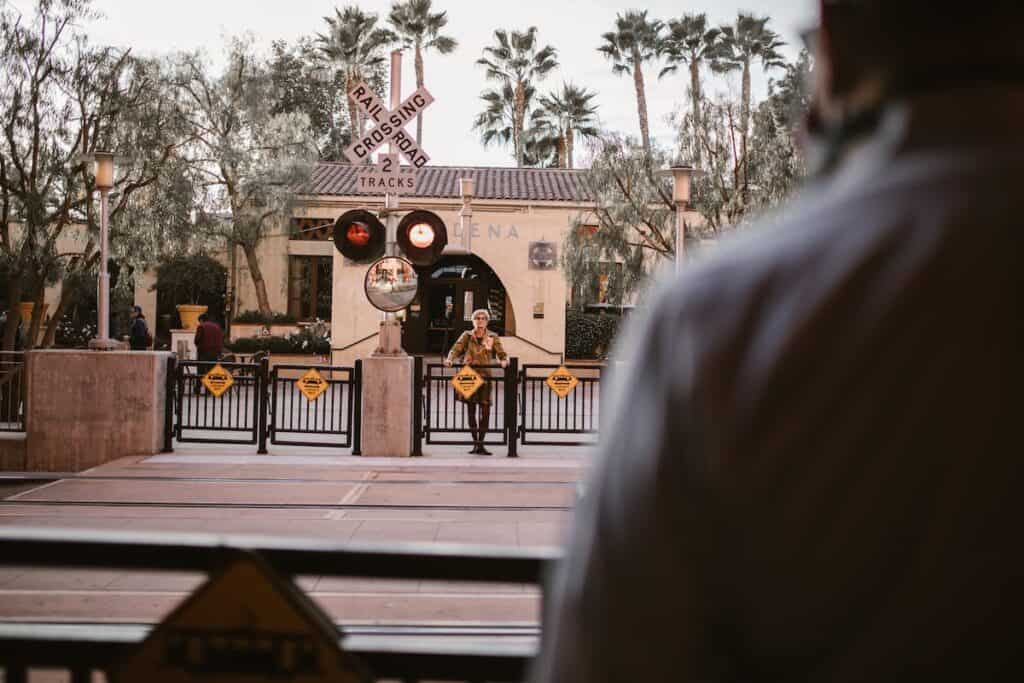Automatic gates have become increasingly popular in recent years due to their convenience, security, and aesthetic appeal. They offer a range of benefits to homeowners and businesses, from enhanced safety to improved property value. However, choosing the right automatic gate can be a daunting task, especially for those new to the market. In this article, we will outline seven key considerations when looking for automatic gates.
Purpose
- The first consideration when looking for an automatic gate is its purpose. Why do you need an automatic gate? Is it for security, privacy, convenience, or aesthetics? Understanding the purpose of the gate will help you determine the appropriate size, style, and features required. For instance, if the gate is for security purposes, you may want to consider a high-security gate with added features such as a security camera, intercom, or biometric access control suggest Gates & Automation Direct.
Type of Gate
- There are different types of automatic gates available, and each has its unique features, benefits, and drawbacks. The most common types of automatic gates include swing gates, sliding gates, and bi-folding gates. Swing gates are the most popular and are suitable for smaller entrances. Sliding gates are ideal for larger entrances and have a more significant security advantage. Bi-folding gates are a good option for those who require a space-saving solution.
Material
- The material used in constructing an automatic gate will determine its durability, strength, and aesthetics. Automatic gates can be made from a range of materials, including steel, aluminum, wood, and PVC. Steel gates are durable, strong, and require minimal maintenance. Aluminum gates are lightweight, rust-resistant, and ideal for coastal regions. Wooden gates provide a natural and aesthetic appeal but require regular maintenance. PVC gates are affordable, lightweight, and weather-resistant.
Cost
- The cost of an automatic gate is an essential consideration for most homeowners and businesses. The price of automatic gates varies depending on the type, size, material, and additional features. It’s crucial to have a budget in mind and to get several quotes from different suppliers before making a decision. While cost is a vital factor, it’s essential not to compromise on quality and safety to save on costs.
Installation and Maintenance
- Automatic gates require professional installation and regular maintenance to ensure they remain safe, functional, and aesthetically appealing. It’s essential to choose a reputable supplier who can provide gate installation services and a maintenance plan. The supplier should have qualified technicians who can install the gate safely and efficiently. They should also provide regular maintenance to keep the gate in optimal condition and prevent costly repairs.
Safety Features
- Automatic gates are an excellent addition to any property, but they can also be a safety hazard if not installed correctly or if safety features are not incorporated. It’s essential to choose a gate with appropriate safety features such as safety edges, photocells, and obstruction detection. Safety edges detect any obstruction and immediately reverse the gate to prevent injury or damage. Photocells detect any object in the gate’s path and stop the gate from closing. Obstruction detection automatically stops the gate if there is an obstruction in its path.
Control System
- The control system of an automatic gate is crucial in determining its ease of use and security. There are different types of control systems available, including remote control, keypad access, and biometric access control. Remote control is the most popular and allows the gate to be opened and closed from the comfort of your car or home. Keypad access is suitable for those who want to grant access to selected individuals or groups. Biometric access control uses fingerprint recognition technology to provide secure access to the gate.
In conclusion, choosing the right automatic gate requires careful consideration of several factors, including purpose, type of gate, material, cost, installation, maintenance, safety features, and control system.
